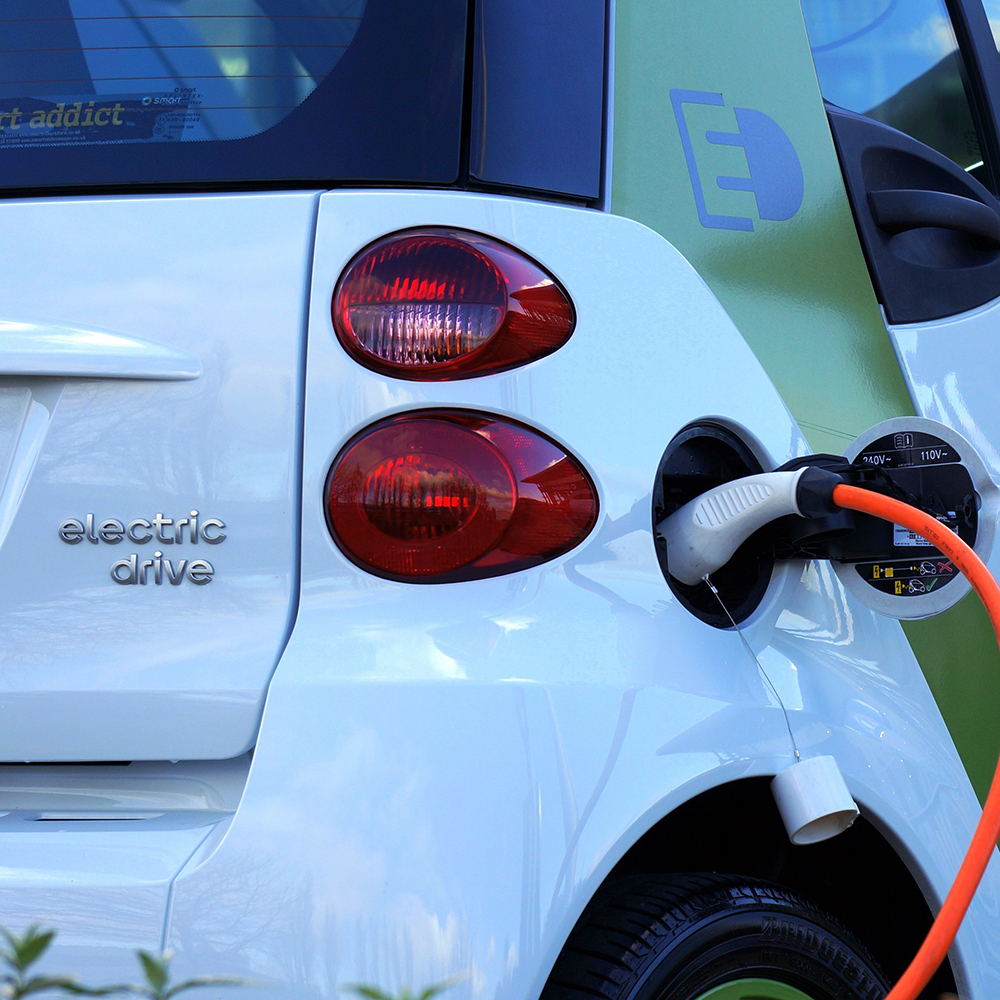As expected, the Environmental Protection Agency granted on Dec. 17 permission for California to go outside of federal law. California and other states need exemptions from the EPA to enact stricter air quality standards than those set by the 1970 Clean Air Act. And the Biden White House is clearly eager to let the states do as they wish.
“The EPA plan underscores how President Joe Biden is racing to Trump-proof his climate legacy before leaving office next month,” the Washington Post said.
So, the decision is more about how Biden is remembered in his party and among the true believers that the sky is falling because we drive cars with internal-combustion engines than it is about a practical matter of policy?
All is not lost for those concerned with the weight of the government dictating their choices, though. Donald Trump is likely to reverse the EPA’s action after taking office next month. His incoming press secretary, Karoline Leavitt, promised Trump “will support the auto industry, allowing space for both gas-powered cars” as well as electric vehicles.
So maybe we aren’t staring into “a future in which the government tries to arrest you for driving a vintage Ferrari – or any car you like,” say the Cato Institute’s Travis Fisher and Joshua Loucks of the Mercatus Center. Any such restriction is of course “awful and should be relegated to science fiction.”
“If you love driving a gasoline-powered vehicle” no matter the reason, well, “this is America,” they continue, “and no one at the EPA should tell you what kind of car to love.”
But limiting consumer choice and dictating how people live is a California value. At least that’s the way Newsom and millions of others across the state see it.
Others have values, too, including the U.S. Supreme Court, which has said it will hear arguments that could threaten the waiver that California has received for decades, going back to the Nixon administration. The Court “will review whether the oil industry has the standing to try to overturn a decision that allowed California to set its own limits on pollution emitted by automobiles,” says CalMatters.
Chet Thompson, president and chief executive of the American Fuel & Petrochemical Manufacturers, one of the groups challenging the waiver, has complained that California and the U.S. EPA have continued “to stretch and abuse the limits of Congress’ Clean Air Act waiver provision.”
“The drastic impacts of California’s EV mandates on consumers, national security and electricity reliability are major questions in need of immediate resolution,” he said. Trump revoked California’s waiver in 2019, but it was reinstated by the Biden administration in 2022. California-based law firm Gibson Dunn expects “the second Trump administration” to again void the state’s special privileges and “move swiftly to rescind and replace federal rules regarding mobile source emissions and seek to limit California’s authority to regulate such emissions.”
In a 1932 ruling, U.S. Supreme Court Justice Louis D. Brandeis wrote that “one of the happy incidents of the federal system” is “that a single courageous state may, if its citizens choose, serve as a laboratory; and try novel social and economic experiments without risk to the rest of the country.”
He probably didn’t foresee that the California lab would be run by a bunch of mad scientists.
Kerry Jackson is the William Clement Fellow in California Reform at the Pacific Research Institute.


